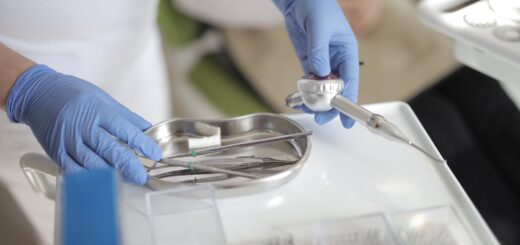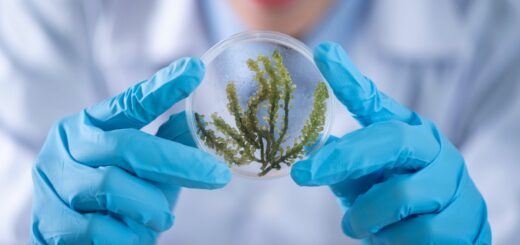The Potential of Microdosing Psychedelics For Cognitive Enhancement
What if the key to boosting your cognitive capabilities resided not in an Ivy League education, expensive nootropics, or lifestyle changes but within the realm of psychedelics? This scenario isn’t as improbable as it sounds; in fact, it’s a topic of burgeoning research in both scientific and lay communities. We’re talking here about the practice of microdosing – the regular intake of small doses of psychedelics like LSD and psilocybin mushrooms, for the purpose of cognitive enhancement. People report this practice enhances not only their productivity and focus, but also their creativity and their capacity for self-improvement.
Microdosing imbibes its users with heightened mental clarity, problem-solving abilities and an increased consciousness by tweaking the brain function and boosting the neuroplasticity. This, in turn, grants them an edge in our fast-paced, information-laden society. But, does solid scientific evidence corroborate these anecdotes?
Microdosing provides a way to harness the possible therapeutic effects of psychedelics without triggering the signature ‘trip’ linked with high doses. In essence, a microdose is around a tenth of a recreational dose, insufficient to cause hallucinogenic effects but ample to influence cognition and mood.
The function of the brain changes when a person is microdosing. Studies on animals show that microdosing psychedelics like psilocybin, can promote neuroplasticity – the ability of the brain’s neural networks to grow and change. This fosters mental flexibility, adaptation, and neural growth.
This cognitive enhancement isn’t restricted to neuroplasticity or memory alone. Individuals who microdose psychedelics frequently report increased productivity and creativity. They mention better concentration and focus, heightened capacity to multitask, and improved problem-solving skills. Their anecdotal evidence strongly hints at the potential of these substances to work as cognitive enhancers.
What’s more, microdosing is reported to help in personal growth and self-improvement. Alongside their cognitive enhancement, individuals report therapeutic benefits such as increased emotional clarity, optimism, and improvements in their personal relationships.
But the science of microdosing is still young, and much of the evidence is based on self-reports from those who experiment with this practice. It is important to note that many controlled clinical trials haven’t reproduced these results. In fact, some studies, like a 2020 review in the Journal of Psychopharmacology, have questioned whether the positive effects attributed to microdosing are genuine or simply the result of placebo.
While all of these findings might leave one excited about the prospect of cognitive enhancement through microdosing, it’s worth noting that this isn’t a one-size-fits-all solution. People have different brain chemistry, and what’s beneficial for some isn’t always beneficial for others. It’s also crucial to emphasize that psychedelics are potent substances, which in many parts of the world, including the United States, are illegal. Even in microdoses, these substances can induce unwanted side effects such as anxiety and psychological discomfort.
As with all things related to the brain and cognition, more research is necessary. Studies must strive to validate the landmark findings from earlier research, determine the optimal dosage, comprehend the long-term effects, and recognize who might or might not benefit from microdosing.
In conclusion, while early investigations mark microdosing as a promising avenue for cognitive enhancement, be it in terms of focus, creativity, productivity, or self-improvement, the practice is still in its experimental phase. Until a complete scientific consensus is reached, it should be approached with discretion, under medical guidance, and always respecting local laws and regulations.


